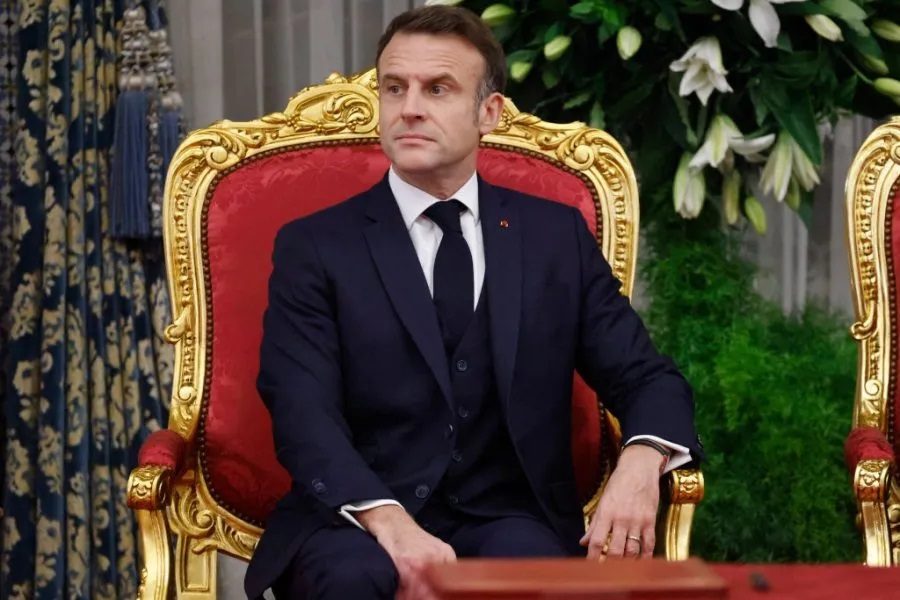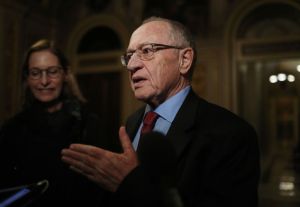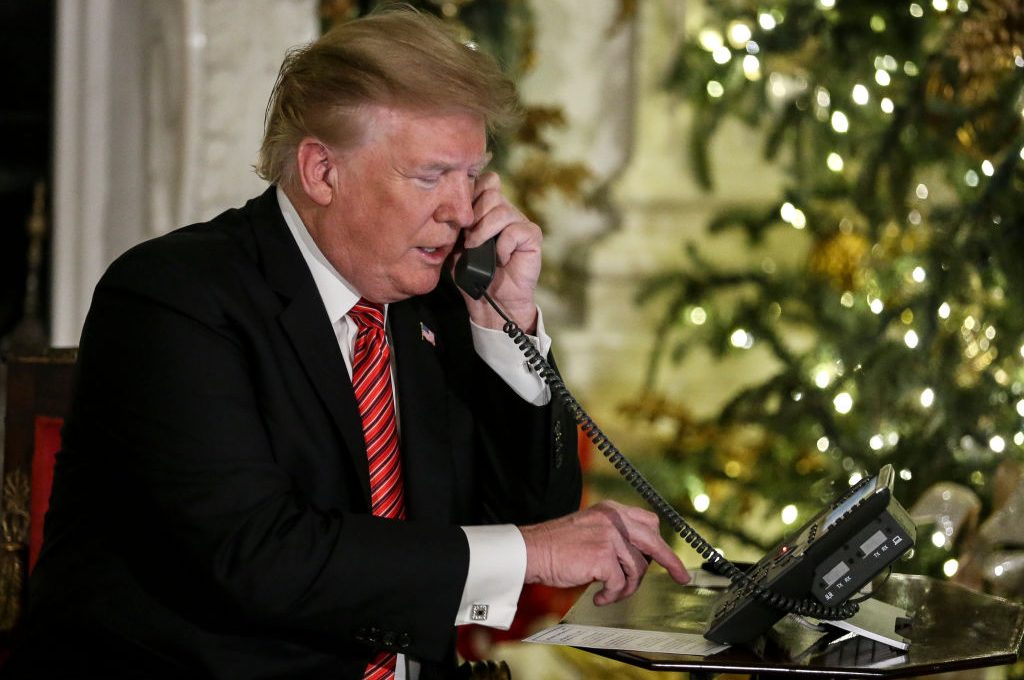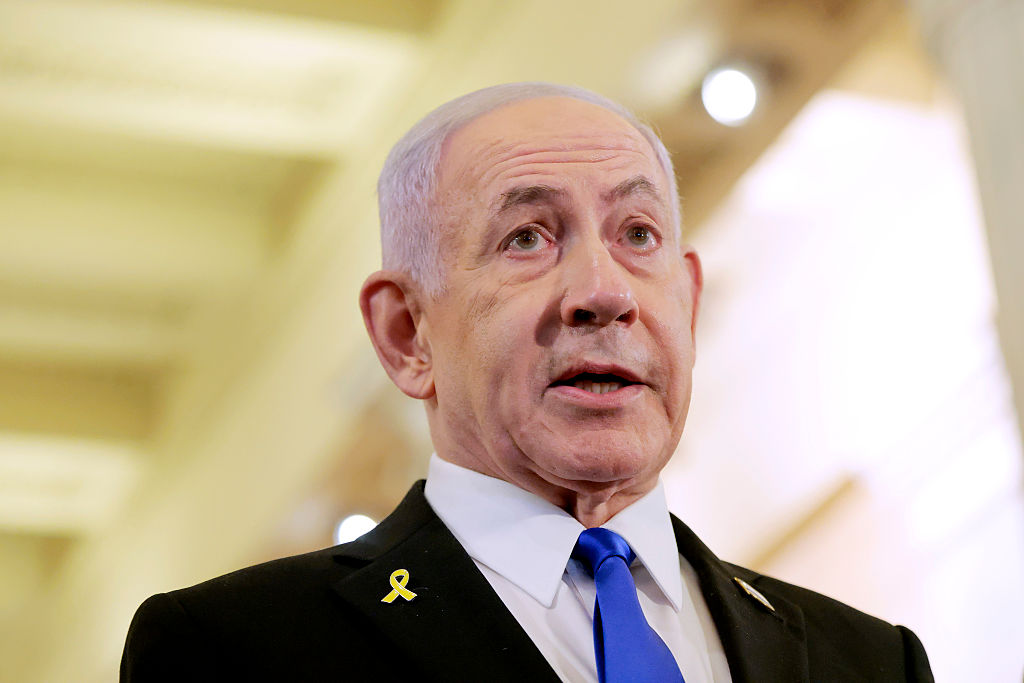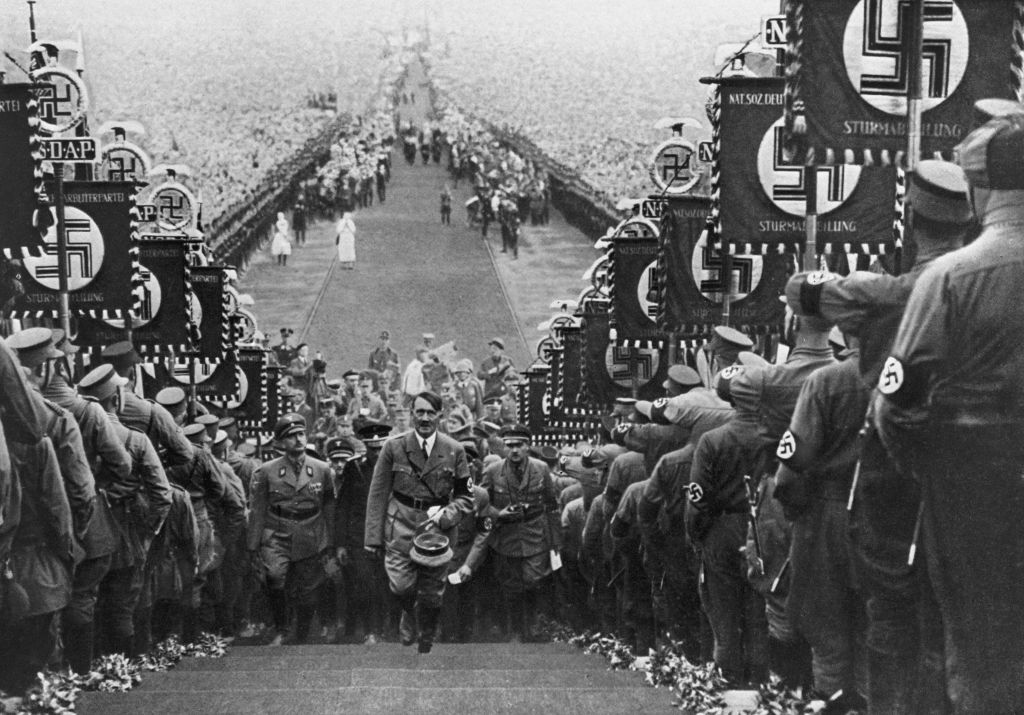Emmanuel Macron arrived in Morocco on Monday for a three-day state visit, during which time he will discuss trade and security. Among his entourage is Yassine Belattar, a light entertainer with a controversial past.
In September last year, the forty-two-year-old Franco-Moroccan was found guilty by a Paris court of making death threats against the screenwriter and director Kader Aoun. Belattar was given a four-month suspended sentence and he was also ordered to pay damages to an actor. The charges arose from the takeover of a Paris theater in 2018.
Macron is a poor judge of character. Perhaps he is too arrogant to care
It was also in 2018 that Belattar was appointed by Macron to a presidential committee on the inner cities; he wanted the comedian’s input about how best to engage with the banlieues. To that end, Macron sounded out Belattar last November shortly before a large rally in Paris against antisemitism. Should I go? Macron wanted to know. According to the French press, Belattar warned the president: “Be careful not to make the irreparable mistake that will give the neighborhoods cause to catch fire.”
Macron skipped the rally, and he has never been forgiven by France’s Jewish community. As the historian Georges Bensoussan remarked: “Can you imagine General de Gaulle seeking the advice of a comedian before taking such a major decision?’”
Belattar was also at the center of a controversy in 2017 when he was alleged to have declared during a stage show: “I’m not Charlie, I’m not Nice… I choose my mourning.” These were references to the Islamist attacks against Charlie Hebdo in January 2015, and against Bastille Day revelers in Nice the year after that.
Belattar responded by saying his words had been taken out of context and he had also said “I am French. I am always in mourning when there is misfortune on French territory.” It was said that among the messages of support that Belattar received was a text from Macron, urging him not to be downhearted and reminding him of his talent.
Belattar is not the first questionable friendship cultivated by Macron during his time in office. There was Alexandre Benalla, the young man of Moroccan origin who was a member of Macron’s security detail before he was fired in 2018 for beating up May Day protesters. Rumors swirled, so much so that Macron felt obliged to deny that he and Benalla were lovers.
Macron is a poor judge of character. He should have learned his lesson with Benalla but he clearly hasn’t. Perhaps he is too arrogant to care. But by taking Belattar to Morocco he has further damaged relations with France’s Jewish community.
For most of this month the French president and Benjamin Netanyahu have been engaged in an unseemly war of words. It began when Macron said no more arms should be supplied to Israel and the row escalated after the president told Netanyahu to remember that his country owed its existence to the UN. Nonsense, replied Netanyahu:
A reminder to the president of France: It was not the UN resolution that established the State of Israel, but rather the victory achieved in the war of independence with the blood of heroic fighters, many of whom were Holocaust survivors — including from the Vichy regime in France.
Last week, Macron accused Israel of “sowing barbarism” in Lebanon. Macron’s position towards Israel has been described by former prime minister Manuel Valls as “incomprehensible.” Eric Danon, a former ambassador to Israel, implied that Macron didn’t seem to understand what was at stake in the Middle East, accusing the president of committing a “political fault” in attacking Israel so stridently.
Macron may not see it that way. Is his priority to avoid a conflagration in the banlieues of France, to paraphrase Yassine Belattar? If so, the best way of doing that is to become an adversary of Israel. That seems to be the view of a growing number of French Jews.
One, eighty-three-year-old Claude, was quoted in the press last week, reflecting: “French Jews like me are first and foremost French. So this feeling of being rejected is quite appalling.” Claude expressed his fear for his grandchildren in a country where antisemitic acts in France have soared by nearly 200 percent this year.
In the summer, Macron described this alarming rise as “inexplicable.” It’s not, of course, as he well knows, but the president dare not face up to the truth: that the inner cities are the ones that now dictate France’s policy in the Middle East.
This article was originally published on The Spectator’s UK website.



